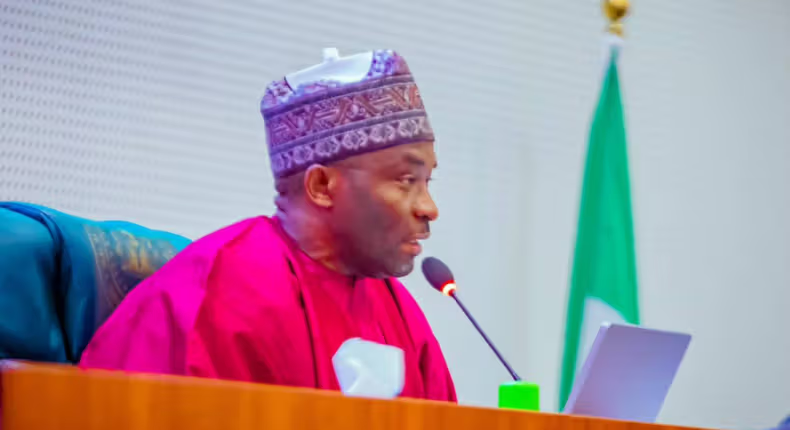The recent approval of the Southeast Development Commission (SEDC) bill has sparked debate over Deputy Speaker Benjamin Kalu’s role in its passage. While some praise Kalu for his significant contribution, others argue that credit should be shared more broadly.
The National Assembly passed the SEDC bill in February, with President Bola Tinubu signing it into law by July. Despite this collective achievement, Kalu has been portrayed by supporters as a central figure in the process, leading to mixed reactions.
Dr. Josef Onoh, former campaign spokesman for President Tinubu in the Southeast, criticized the portrayal of Kalu as the primary driver of the bill’s success. Onoh emphasized that the establishment of the SEDC was a result of collaborative effort within the National Assembly and credited President Tinubu for his leadership. He argued that attributing the bill’s success to one individual undermines the collective work of the entire legislature.
“The South East Development Commission Bill was not an achievement of Hon Benjamin Kalu alone; it was through the cooperation of the entire National Assembly and the support of the President,” Onoh said. He also referenced other regional development commissions that were established without individual claims of credit.
In contrast, the Coalition of Southeast Youths for Democracy (CESYD) defended Kalu’s contributions. The group praised Kalu for his role in advancing the bill through the House of Representatives and criticized efforts to diminish his achievements. CESYD’s coordinator, Comrade Wisdom Akunna, highlighted Kalu’s efforts in ensuring the bill’s passage and accused detractors of attempting to undermine his role.
“It is no secret that Rt. Hon. Benjamin Okezie Kalu has expressed gratitude to President Tinubu for signing the SEDC bill into law. We are disappointed by the negative attitudes driven by attempts to diminish Kalu’s contributions,” Akunna stated.
CESYD also noted that the bill’s previous failure in the 8th National Assembly makes its eventual success a significant milestone for the Southeast region. The debate reflects the complexities of regional politics and the often-contentious nature of credit for legislative accomplishments.

